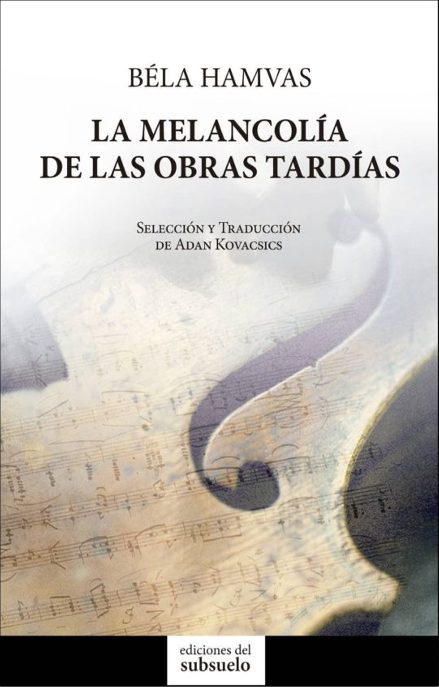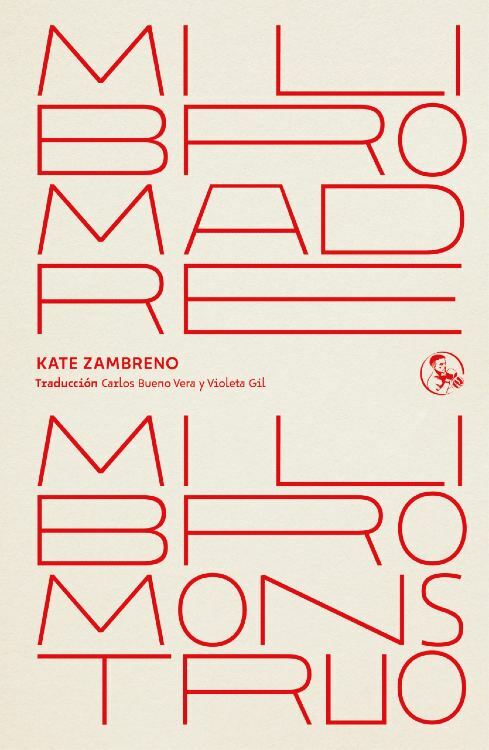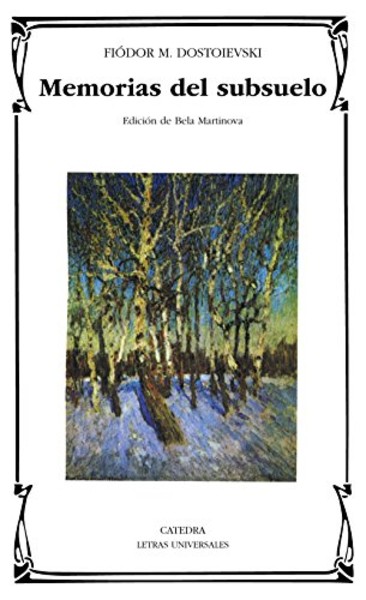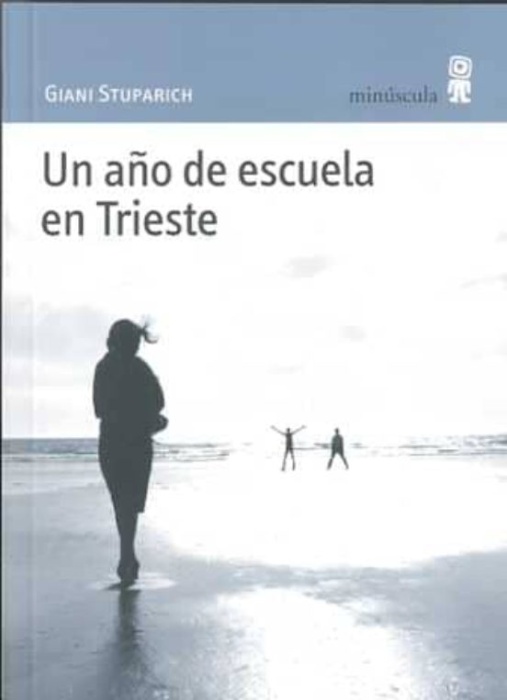Adan Kovacsics, filólogo, escritor y traductor de ascendencia húngara, se ha ocupado de seleccionar para este libro, una exquisita muestra de textos del escritor y pensador, también húngaro, Béla Hamvas.
En el Prólogo, Adan nos orienta un poco sobre la vida del filósofo. Una vida, por cierto, nada convencional.
Sólo quiero señalar algunos aspectos importantes de su biografía, el resto lo podéis leer en el prólogo del libro.
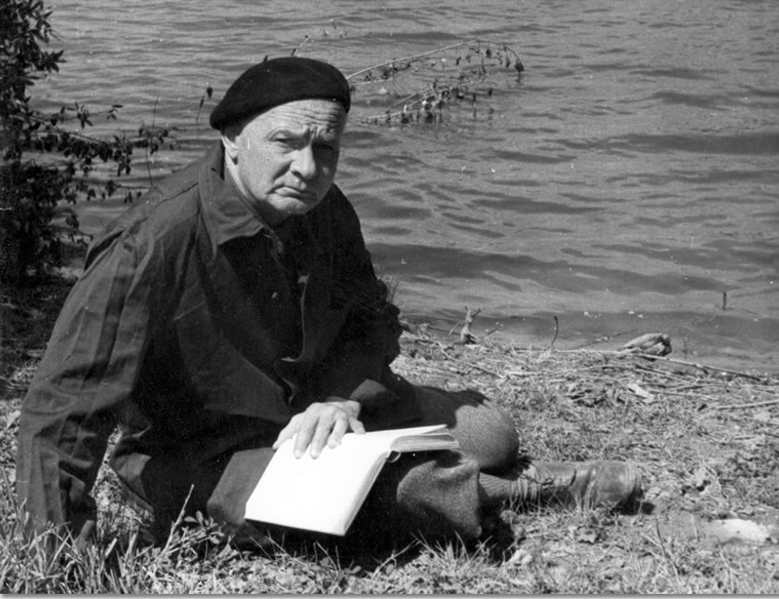
Nació en 1897 en Prešov, por aquel entonces, ciudad húngara, hoy eslovaca. Al año siguiente se trasladó la familia a Bratislava donde su padre –pastor protestante- impartiría clases en el Liceo Evangélico de la ciudad.
Béla es llamado a filas en la Primera Guerra Mundial. Finalizada la guerra se trasladan a Budapest, donde estudia filología húngara y germánica. Trabaja de periodista.
A partir de 1927 es contratado por la Biblioteca Municipal donde trabajaría durante más de veinte años.
Reclutado de nuevo en la Segunda Guerra Mundial, Hamvas deserta y se refugia en la capital. Una bomba destruirá su casa, perdiendo gran parte de los libros y manuscritos.
Finalizada la guerra se inscribe en el Partido Comunista.
Un dato importante es la represión estalinista que sufriría a partir de 1948, debido a que sus escritos no se ceñían a los postulados oficialistas, con la consiguiente perdida del trabajo en la Biblioteca y la prohibición de toda su obra.
Sobrevivirá a partir de ese momento empleándose primero como jardinero y más tarde como almacenero en una empresa térmica, hasta su jubilación en 1964. Continuará escribiendo y traduciendo, aún más a raíz de la jubilación, pero desgraciadamente el fallecimiento ocurriría cuatro años más tarde, en 1968.
Hamvas fue leído clandestinamente y en los ochenta comenzó a editarse su obra sistemáticamente, llegando a ser considerado una figura central en la literatura y filosofía húngara del siglo XX.
Centrándonos en el libro, entre los diferentes escritos de Hamvas, sus temas son variados, así en “El canto de los pájaros”, asistimos a un precioso relato de corte naturalista, donde el canto del ruiseñor entronca con la música y otros temas más profundos, como la vejez y la muerte:
“Su canto no contiene ni dolor ni sufrimiento, ni fuerza heroica ni risa ni triunfo. Nada de eso. Cuando el hombre ha superado la vida y ya no quiere nada, lo único que le ocupa es esperar a que lo llamen y rezar. Ese rezo tranquilo, quieto y apaciguado de la espera es el canto del ruiseñor, esa melodía martirial de la espera cristalina de la muerte y del más allá, despedida de la hermosa tierra, del dulce arrobo de la vida, la petición al cielo de que lo deje entrar».
Béla Hamvas -Las sucesivas citas son del mismo autor, referidas a cada texto referencial-.
El mismo tema naturalista tenemos en el bello, “Árboles”. En el texto Béla subraya la relación entre el árbol y la tierra, donde ambos se necesitan y complementan:
“El árbol absorbe la tierra, se introduce más y más en ella. Pero el árbol no es un parásito. No mata la tierra, sino que le da la oportunidad de regalarse. El nexo es recíproco, la raíz penetra más y más en la tierra para recibir, la tierra acoge la raíz para dar».
En esa interrelación de los dos elementos, introduce el autor a Kierkegaard en su reflexión sobre la entrega:
“Kierkegaard habla de la entrega que no es ni violencia, ni aturdimiento, ni embriaguez, ni derrumbamiento … en esa entrega varón y mujer ruegan poder entregarse”.
Reflexión que según Hamvas no coincide con la entrega que se produce entre el árbol y la tierra: “porque en aquello de lo que habla Kierkegaard existe aún la posibilidad del enfrentamiento, del no, incluso aunque suponga el derrumbamiento completo y la caída en la soledad».
Para Hamvas la entrega del árbol sin posibilidad de rechazo, ha de producirse: “Es una consumación basada en el riesgo amenazante de la no consumación».
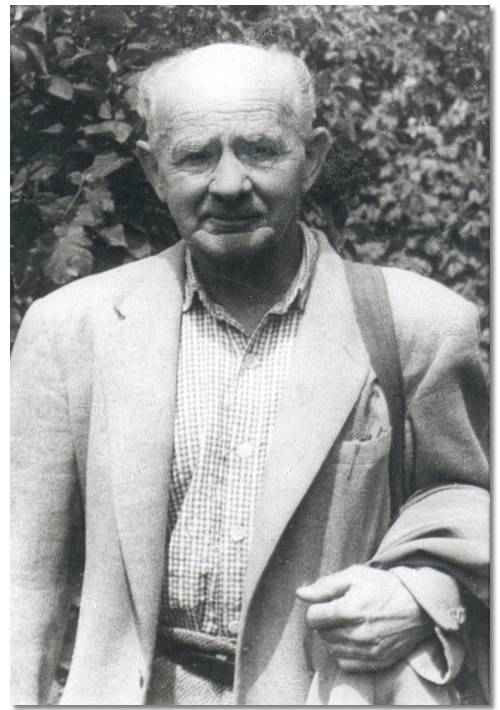
Hamvas contrasta la total entrega del árbol y de la tierra, con la parcial que tiene lugar en el hombre, “El hombre solamente se entrega con plenitud a quien no teme; de ahí que quien viene de allá lejos deba ser uno mismo. Cualquier otra entrega es parcial».
Se dan cita en el delicioso relato, diferentes árboles únicos. Un tilo heroico que sobrevive entre las piedras, un melancólico pino rodeado de otros pinos, un abedul virgen y puro o una bendita higuera que protege a nuestro autor:
“Uno nunca lleva consigo la bendición de su propia vida. Por eso es bueno que exista un ser maternal como esta higuera que para mí quiera lo mejor. Protegido por ella, sé que es superfluo desear algo para mí; no es necesario desear nada. Me conformaré con lo que ella desea, que es mejor que si lo deseara yo».
Gozoso también es el relato, “La Merienda del Señor”, con recetas de fresas, pecadores y el “Señor” como comensal y viñador.
Como en el anterior relato, en “Coger Cerezas”, Hamvas nos sumerge a través del cerezo en las estaciones, el canto de los pájaros, como el mirlo; otros árboles frutales, como el manzano o la higuera y propugna que la sociedad acelerada actual es incompatible con la recogida pausada de los frutos y la sensación liberadora:
“En lo alto del árbol mientras recogía las cerezas, viví una experiencia que no he vivido ni tocando el piano, ni escribiendo, ni pensando, ni viajando. La experiencia de la libertad. Porque en ninguna otra actividad la tuve, y para vivirla hube de partir de la base de que no soy ni artista, ni escritor, ni aventurero, ni pensador. Con toda probabilidad, soy un hombre sencillo que se siente y se sabe libre dentro de circunstancias y tareas sencillas».
La música, es otra de las preferencias de nuestro autor, teniendo como referente a Beethoven en varios escritos, “La Séptima Sinfonía y la Metafísica de la Música”, de título bien explícito, es una exaltación de la Sinfonía del gran compositor en directa conexión con el aislamiento necesario para su máxima creación:
“Toda gran obra es el resultado de un ascetismo y sólo alcanza la grandeza al precio de renunciar al placer».
En “La melancolía de las obras tardías”, escogido por Adan para el precioso título del libro, la idea base parte de los cuartetos de Beethoven:
“¿Qué distingue los cuartetos de sus obras anteriores? Lo mismo que distingue Fedra de Las Leyes, Enrique IV de La Tempestad, Ana Karenina de La Sonata a Kreutzer. Lo mismo que los desgaja de las obras anteriores y los funde con las de la vejez de otros. Es la misteriosa analogía de las obras tardías».
Para ramificarse en otras direcciones teniendo como protagonistas obras selectas de un puñado de autores bendecidos: Tolstói, Shakespeare, Goethe, Sófocles, Platón, Lao-Tse, Heráclito y Bach.
De Sófocles su culmen sería para Béla, “Edipo en Colono”, Colono, un espacio casi vacío donde tendrá que esperar la muerte un Edipo ya ciego, “Es el paisaje de la vejez en la música beethoveniana de Colono, en los cuadros de Cezanne de Colono, en la filosofía de Lao-Tse».
Y estás obras cumbres de autores maestros tienen que interpretarse para Béla, con el lenguaje del literato, un lenguaje diferente al logos de Heráclito:
“La glorificación de la palabra es casi el opuesto exacto del lenguaje del literato. Es el estado duradero de ebriedad debido al poder mágico, ardiente y terrible, cuyos breves relampagueos los artistas y pensadores llaman numen. El vértigo de la palabra es uno de los lugares más intensos de la existencia. Y el único instrumento del saber es precisamente la palabra. Quien más sabía de ese lugar era el anciano Heráclito, que vivió sumido en el entusiasmo trascendente del logos …Los cuartetos se interpretan con el lenguaje obligado del literato, igual que El arte de la fuga, igual que Edipo en Colono o La Tempestad, igual que las demás obras tardías que se representan en público».
Estas obras únicas concurren en la cercanía de la muerte de sus insignes autores, son obras inmersas en la melancolía:
“La melancolía es la última estación de la transitoriedad, la última, ultimísima gota de miel de la vida. Es la postrera maravilla y el saber definitivo».
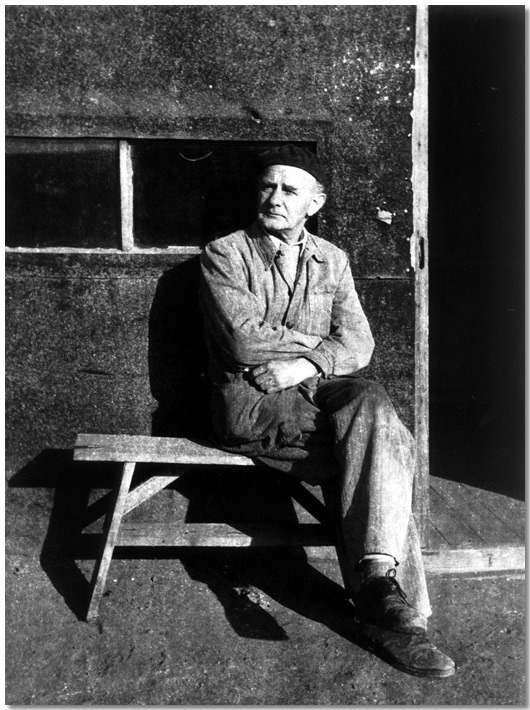
Para Hamvas en esa última estación melancólica de la vida se produce un doble estado, “La melancolía es la última bendición en la vida del hombre. Éste, en la melancolía, se halla continuamente en una situación como mínimo doble, lo cual explica eso que tendremos que definir “como escuchar el otro lado”». Doble estado que se produce en esas obras únicas tocadas por la magia última de la vida:
“El “escuchar el otro lado” aparece en ocasiones en la propia estructura de la obra. Ocurre en el Cuarteto en la menor, en el Tao Te King, en Edipo en Colono, en el Fausto. En otras creaciones, como La Tempestad, El arte de la Fuga, en Platón o en Tolstói, se traslucen varias voces y cada vez que sucede se pone patas arriba la existencia entera de la obra».
Sólo un reducido número de autores alcanzan la afinación final, tal como defiende nuestro apreciado autor:
“Una vez que el artista ha alcanzado la afinación que le permite acoger la realidad verdadera, su labor ha llegado a su fin. No todos los artistas la consiguen. Son escasos: Sófocles, Goethe, Rilke, Beethoven, Tolstói, Shakespeare, Bach, así como algunos pensadores, Platón, Heráclito, Lao-Tse. La logran al final de sus vidas y entonces ya saben lo que habría que hacer. Lo saben y necesitarían una vida del todo nueva para ese saber, para hacer realidad cuanto saben».
El tema filosófico, está presente en varios escritos, como “Kierkegaard en Sicilia”. El autor realiza un itinerario por una serie de personajes fundamentales en el devenir del mundo, comenzando por Napoleón, continuando por Byron, Stendhal, Baudelaire, para desembocar en su querido Kierkegaard y narrarnos en una especie de ficción, cómo el medio en la estancia en Sicilia parece amenazar al pensador. Reflexionando, Kierkegaard descubre que el ambiente hostil no es más que el resultado de su propia percepción interior:
“Kierkegaard hizo un descubrimiento increíble, enorme, tan grande que comparada con él, la batalla de Wagram semeja un partido de fútbol. La vida, dijo, no depende de los fenómenos, no de las imágenes visibles y perceptibles, sino de la actividad interior, de la actividad psicológica, la cual es completamente independiente del mundo exterior. La existencia humana no consiste en fenómenos, sino en decisiones. Sólo allí vive el hombre de manera inmediata».
Como el anterior relato en torno a Kierkegaard, en “El lugar de Heráclito en la historia espiritual de Europa”, el texto gira, obviamente, en torno a Heráclito. Béla destaca la importancia del filósofo griego, con una obra de la que sólo poseemos apenas 130 fragmentos de sus escritos.
Su influencia se deja ver en Platón, Aristóteles, Goethe y Nietzsche.
Béla en el texto se remonta a Tales, primer filósofo griego, cuyo lenguaje anterior a Heráclito es icónico. Después de Heráclito están los sofistas con un lenguaje enturbiado. Más tarde Platón, regresa de nuevo al lenguaje icónico. Hasta llegar a Aristóteles, “Aristóteles ya levanta la filosofía sobre palabras construidas todas ellas de nuevo».
Pero centrándose Hamvas en Heráclito, filósofo de la dualidad del lenguaje icónico y conceptual, que tuvo que vivir entre un período arcaico y uno nuevo, admite que no fue comprendido en su época:
“Entre el lenguaje icónico y el conceptual, entre la moral heroica y la democrática, entre el mito y la filosofía, moviéndose en opuestos, desluciéndose cada vez más en la pálida copia de una era anterior, situado en el final de la época arcaica, en el umbral de un período completamente nuevo, para él extraño, insignificante, degradado: ese es el destino personal que vivió Heráclito».
Filósofo que adquiere una especial importancia por su idea central del logos, “Quien busque comprender desde este punto de vista la idea que Heráclito nombró por vez primera y que dos mil quinientos años transcurridos desde entonces llaman logos no hallará una definición general y definitiva. Logos significa palabra. No obstante, significa también razón, medida, proporción, orden, ley, verbo, pensamiento; significa asimismo lo que es completamente “ilógico” e igualmente lo que es divino, pero a la vez aquello que está más allá de los dioses».
“El logos es lo que une al hombre con el orden del mundo, lo que todos conocen porque “común es a todos el pensar”».
Para Hamvas, nuestro mundo está en deuda con Heráclito y el filósofo más emparentado con él, no es otro que Nietzsche. El destino de Heráclito, nos dice Hamvas, por la incomprensión hacia él, no fue otro que el retiro y la soledad:
“La figura de Heráclito representa y representará para Europa el destino trágico del hombre del espíritu».
El texto más personal de nuestro autor es “Una Gota de la Perdición”, porque es quien lo protagoniza. Béla se propone ayunar y guardar silencio durante cuarenta horas en una casa en pleno bosque. En él refiere las heridas del alma en un año aciago, intuyo que es en la Segunda Guerra Mundial, cuando tuvo que desertar, esconderse, vivir como un mendigo y sufrir la pérdida de gran parte de su material escrito, por la caída de una bomba en su casa:
“Decidí guardar silencio y hacer ayuno porque le encontré sentido al año más difícil de mi destino –el cual, por cierto, nunca fue fácil- y quise mirar de frente a ese destino… La soledad y el ayuno son un estado mágico que en general se desconoce».
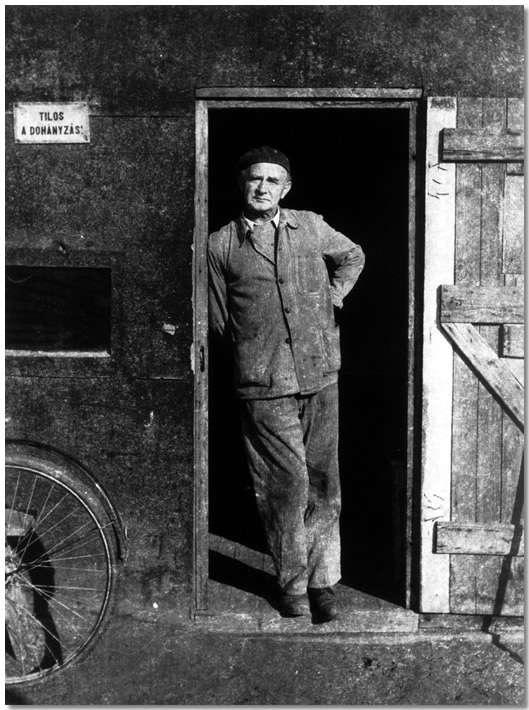
En ese estado ascético en el que se quería sumergir, puntualiza que “No deseaba hacer penitencia”, además de no creer en el ocultismo ni ser religioso. Se da la circunstancia que a través de los místicos, San Juan de la Cruz en “Su Noche Oscura del Alma” y Jakob Böhme, entiende lo que le ocurrió:
“No soy religioso. Pero curiosamente, sólo la comprensión religiosa de las cosas consigue satisfacerme. Mi Maestro me enseñó a no contentarme nunca con lo negativo. A buscar siempre el significado positivo. Y si no se encuentra, seguir buscando. El verdadero sentido de toda oscuridad es la luz. El sentido de todo sufrimiento, la alegría».
Haciendo alusión al propio título del texto, una sola gota bastó para su perdición, “¿Perdición? No. Sólo una gota. Una única gota bastó para envenenar todo un año, para engullirlo, para abrasarlo, desgarrarlo, ese año, el más duro de mi destino que, por lo demás, nunca fue fácil».
El ayuno y el silencio es la búsqueda de un cambio en el estado mental, “Es de suponer que quien recurre al ayuno y a la soledad no sólo quiere ponerse parches. Yo buscaba la atmósfera de la metanoia (cambio de la mente)». Pero esa inmersión ascética y solitaria no es fácil. Hamvas nos cita una serie de personajes que fracasaron en su intento, Strindberg fue el primero en conseguir su propósito:
“En el curso de un siglo, muchos -Hölderlin, Schumann, Baudelaire, Nietzsche, Gógol, Van Gogh- cayeron al dar este paso. Se sumergieron en la noche. La turba los engulló y enloquecieron… Strindberg experimentó la misma locura en su período de Inferno y salió enriquecido de la noche oscura del alma. Fue el primer hombre de nuestros días que alcanzó así el grado superior de la transformación».
Kovasics acertadamente incluye un magnífico poema de corte social, entre los textos de Béla:
La Formación de los Estados Se estrechó el valle y los viajeros, procedentes de tierras lejanas, hubieron de avanzar en apretadas filas. En vista de la cantidad de viajeros aparecieron los vendedores, en vista de la cantidad de vendedores aparecieron los bandidos, en vista de la cantidad de bandidos aparecieron los policías, para legitimar a los policías aparecieron los funcionarios, para proteger a los funcionarios aparecieron los soldados, en vista de la cantidad de soldados aparecieron las prostitutas, para ensalzar a las prostitutas aparecieron los poetas.
En “Nadie”, Hamvas hace un recorrido por el siglo XX en relación a la pérdida de identidad y desintegración gradual del hombre, la cual comienza a raíz de la Primera Guerra Mundial, citando a Homannsthal, pasa a ser Cada Cual, “los hombres se volvieron sustituibles” y tras la Segunda Guerra Mundial, pasa a ser Nadie. Es un texto amargo, donde hay una alusión a un simulacro de hombre que vegeta en los totalitarismos:
“La colectividad propia de Nadie es el Estado total, así como el fundamento del Estado total es que el hombre no sea nadie. No mediocre, no carente de amor propio, no cualquiera, no mañoso, no ayuno de seriedad, sino nadie, el que no cuenta, no porque lo tengan por una nonada, sino porque él mismo se tiene por una nonada. Aun así, Nadie ha de aferrarse al totalitarismo, porque si este no existiera, no podría sobrevivir ni siquiera biológicamente».
Se incluye también un cuento, “El maravilloso viaje de Joachim Olbrin”. Su protagonista, Joachim, va en la búsqueda del palacio del gobernador principal del mundo para solicitarle ayuda para encontrar su lugar en la Tierra. Aquí, Béla cambia del ensayo que caracteriza los textos escogidos a una especie de cuento con cierta atmósfera de ciencia ficción o fantástico, pero siempre manteniendo su personal reflexión, poniendo en valor la sencillez e imperfección en la vida por encima de la pretenciosidad y “supuesta” perfección.
El libro es una maravilla. La selección muy acertada de Kovacsics, nos ofrece una verdadera muestra del talento del pensador. Sorprende la lucidez del autor. Un autor vapuleado por las autoridades de su país en tiempos represivos. Pero no obstante, él siguió trabajando en empleos humildes y ocupando el tiempo libre en reflejar sus pensamientos por medio de la escritura. Puede parecer que los temas tratados a nivel filosófico sean complicados de seguir. Nada más alejado de la realidad. Hamvas hace fácil lo difícil. Está todo explicado con sencillez, pero sin descuidar las formas. Béla tiene la capacidad de hablarnos de diferentes temas: musicales, filosóficos, sociales, políticos, pueden hablar de la naturaleza, de la elaboración de las recetas, pueden ser un poema comprometido o versar sobre el arte de la creación. En un mismo texto, pueden converger varios intereses, esa es indudablemente su facultad. Y en todos los textos, el humanismo de Béla Hamvas está presente.
“La Melancolía de las Obras Tardías” Béla Hamvas
Ediciones Del Subsuelo, Edición 2017 🔗
Colección Narrativa
Selección y Traducción de Adan Kovacsics
198 Páginas
